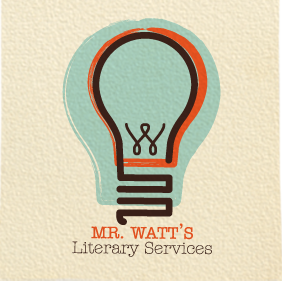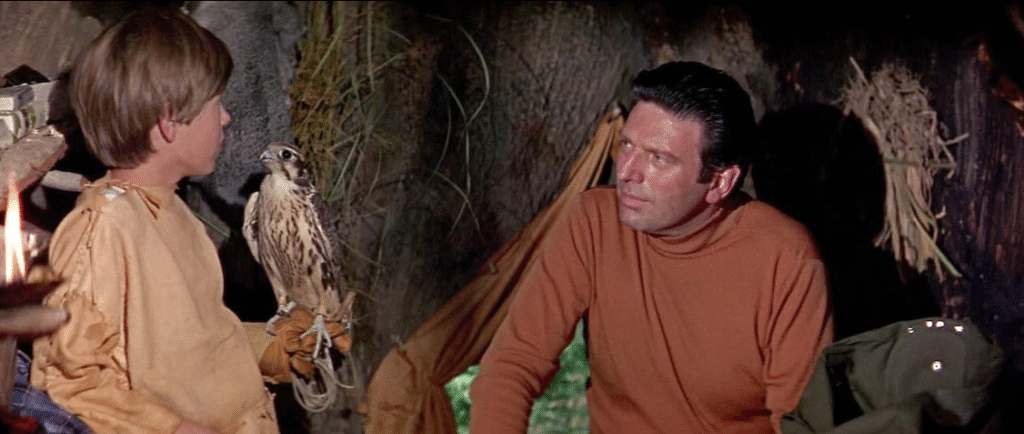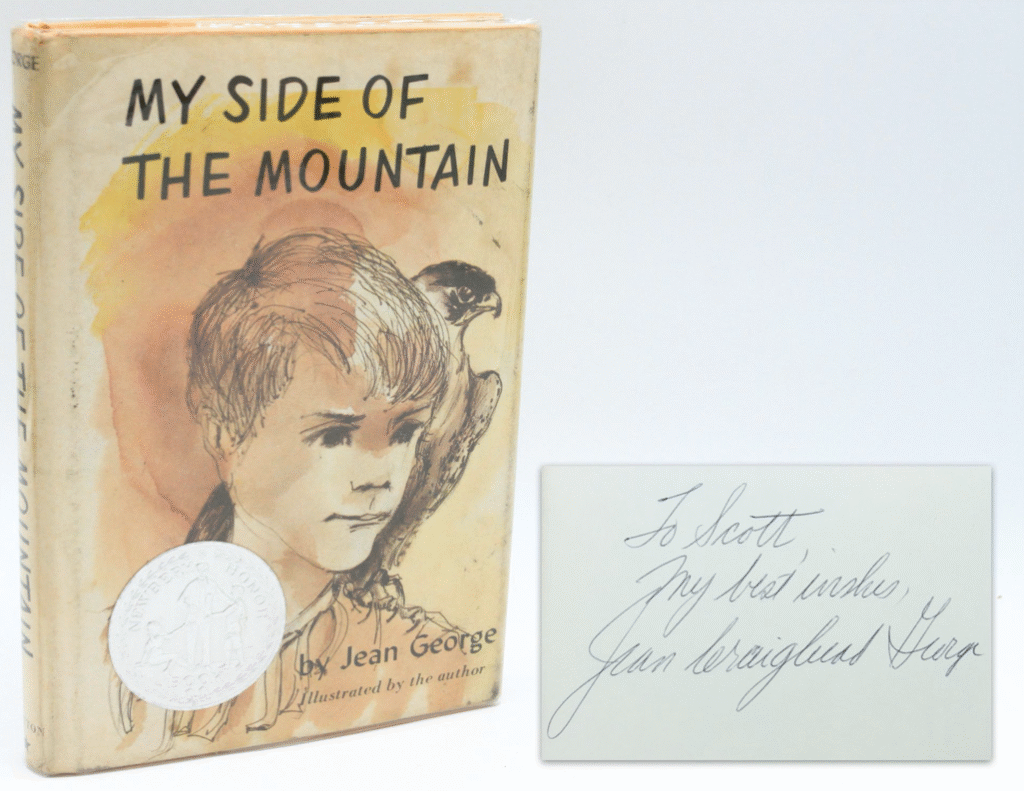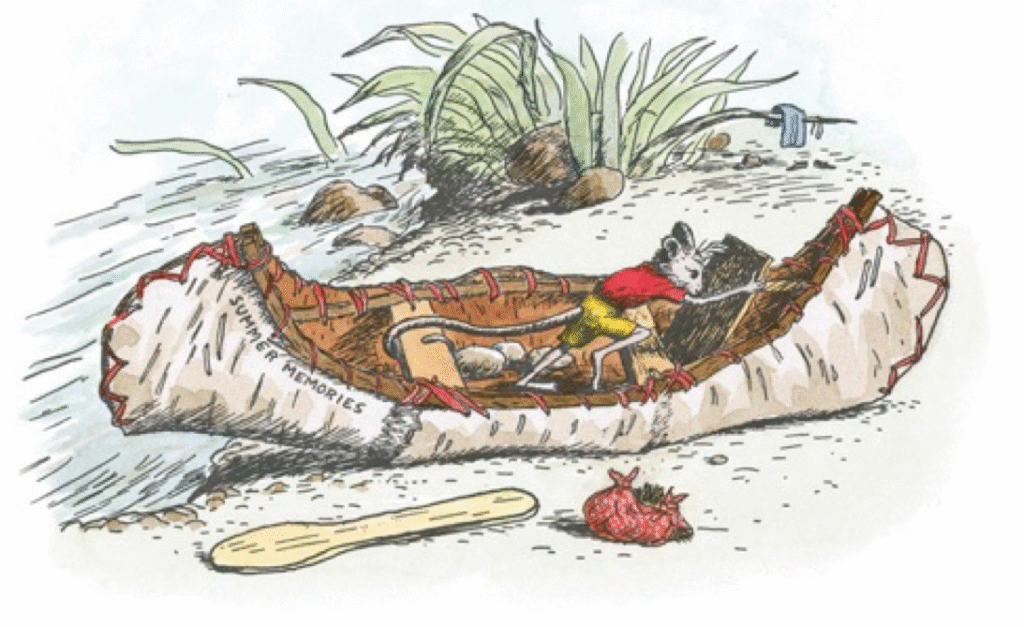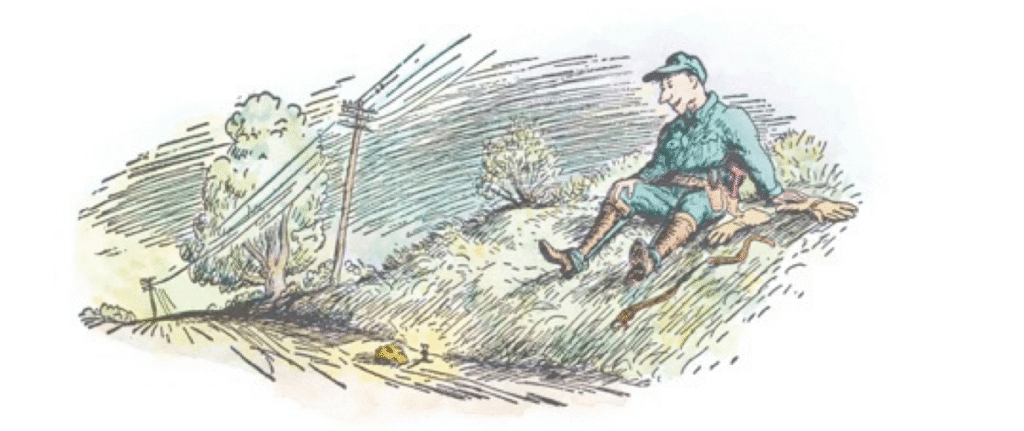LEONA ZHOU
Response to “The Tower of Cirith Ungol”:

I was so relieved when we finally zoomed back to Sam and the situation he was stuck in with Frodo being taken away and being done who knows what to him. As Sam made his way to find Frodo and access the home turf of Sauron, he seemed to find a new sense of courage and pride within himself. And seeing him do so is renewing, because we already know throughout the last book and now that he was extremely loyal and true to Frodo as a friend, but he needed a little character development with bravery and derring-do. We see him do exactly that in this chapter; inching bit by bit evermore out of his comfort zone. “‘Come on, you miserable sluggard!’ Sam cried to himself. ‘Now for it!’ He drew Sting and ran towards the open gate… Hardening his will Sam thrust forward once again,” (882). This was almost monumental since it’s almost like the leading role of the Ring is up to Sam now – which basically it is as he has the Ring. His fight with terror as he explored the horrid place is admirable, because we must not forget that at the end of the day he was just a hobbit who loved his food, garden and pipe. But now he has cast that aside and whole-heartedly committed to dying, if needed to save Frodo. Adding on to him being a hobbit, we could truly see in moments when Sam decided to put the Ring on that he is almost just as pure and good as Frodo. Of course, all hobbits are strong and have quite an ability to hold against such forces like Gandalf had said. “Already the Ring tempted him, gnawing at his will and reason. Wild fantasies arose in his mind; and he saw Samwise the Strong, Hero of the Age, striding with a flaming sword across the darkened land… In that hour of trial it was the love of his master that helped most to hold him firm; but also deep down in him lived still unconquered his plain hobbit-sense: he knew in the core of his heart that he was not large enough to bear such a burden,” (881). And along the way of exploring, Sam encountered an Orc who was actually afraid of him. It’s some much needed comedic relief in such a tense moment: “For a moment the orc crouched, and then with a hideous yelp of fear it turned and fled back as it had come. Never was any dog more heartened when its enemy turned tail than Sam as this unexpected flight. With a shout he gave chase. ‘Yes! The Elf-warrior is loose!’” (883-884).
